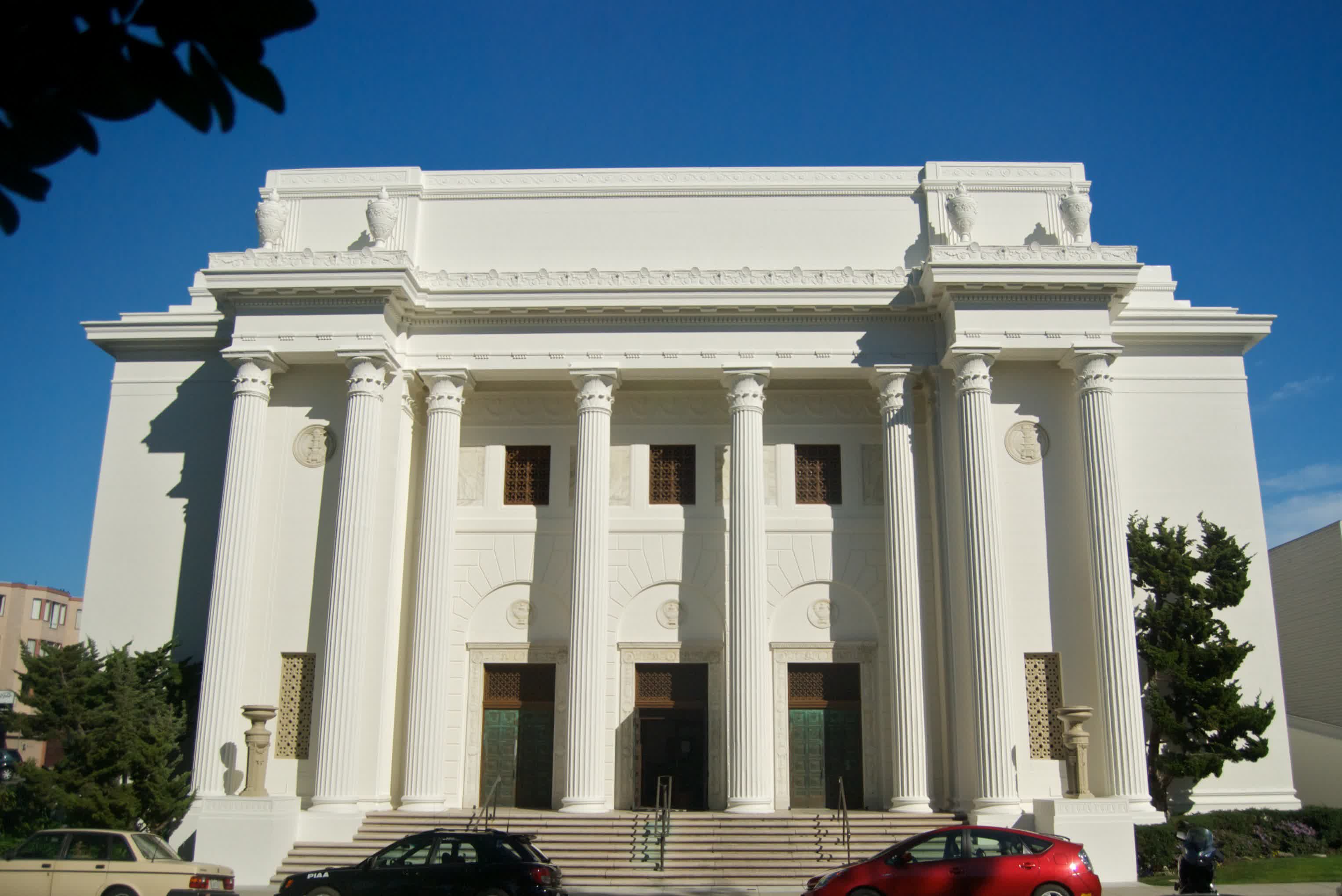In context: Founded by Brewster Kahle in May 1996, the Internet Archive is a digital library designed around the idea of "universal access to all knowledge." The repository provides free, public access to vast collections of books, movies, music, software applications, games, and billions of web pages. It also hosts the Wayback Machine, a service that allows users to look up past versions of current and defunct websites.
One of the most popular and controversial offers provided by the Internet Archive (IA) is its Controlled Digital Lending (CDL) service, which grants users access to a digital library of books. Users can borrow as many copies of a book as the IA, and its partners physically own. In other words, if the IA has a single copy of a given title, it can loan it to a single person. Anyone else wanting to read it must wait for its return. Brick-and-mortar libraries have operated this way for decades.
The Electronic Frontier Foundation (EFF) explains that CDL is a way for the Internet Archive to keep books in circulation, especially when publishers have lost commercial interest and stopped printing and selling. Four of the biggest publishers look at things from a different viewpoint. Hachette, HarperCollins, Wiley, and Penguin Random House have brought the Internet Archive to court, alleging that the CDL service violates copyright laws.
The lawsuit, first filed against the IA on June 1, 2020, asked for an injunction order to destroy "all unlawful copies" provided by the digital archive and to make the San Francisco non-profit organization pay for the hypothetical damages brought to the four companies' publishing businesses.
The initial oral argument in Hachette v. Internet Archive was held in the Southern District of New York this Monday. The IA said it stood up for the "digital rights of all libraries" against the four publishers, making its case as to whether a library has the right to make and lend a digital copy of a (printed) book it owns without getting an official license from the original publisher first.
The IA currently has 1.3 million books in digital format through the CDL program. According to the organization's counterclaim, it is essentially the "same as traditional library lending" and poses no actual harm to authors or the publishing industry. Libraries have collectively paid publishers "billions of dollars" to put books in their print collections, the IA said, and are investing enormous resources in digitalization to preserve those books.
"The publishers are now demanding that those millions of digitized books, not only be made inaccessible, but be destroyed," said Internet Archive founder Brewster Kahle during a press conference (above). "This is horrendous. If they succeed in destroying our books or even making many of them inaccessible, there will be a chilling effect on the hundreds of other libraries that lend digitized books as we do. This could be the burning of the Library of Alexandria moment---millions of books from our community's libraries---gone."
